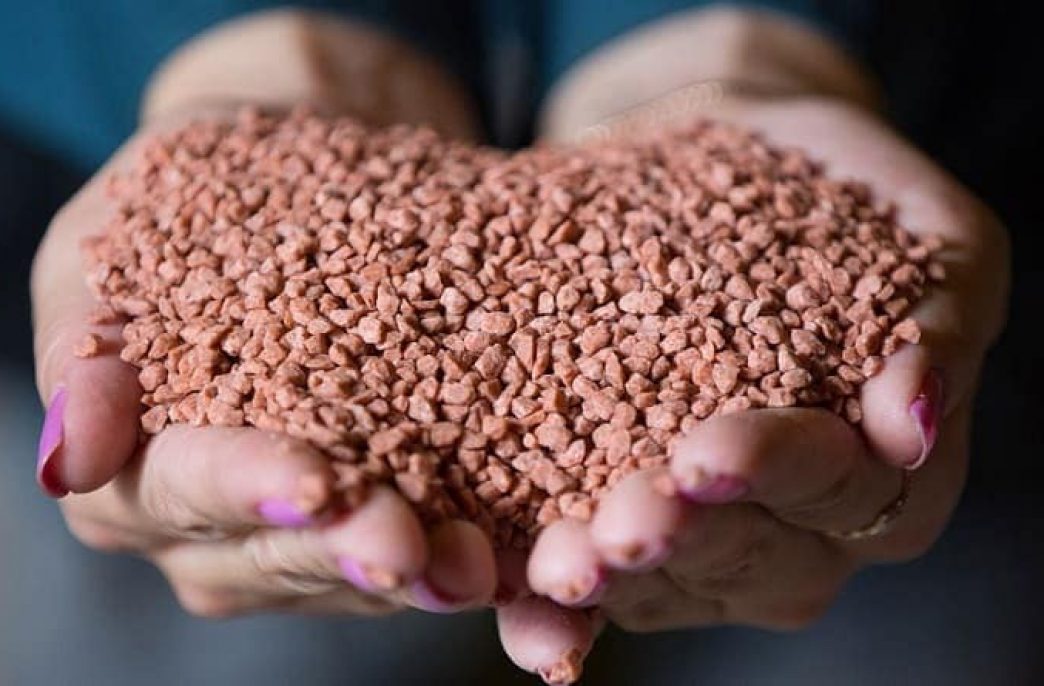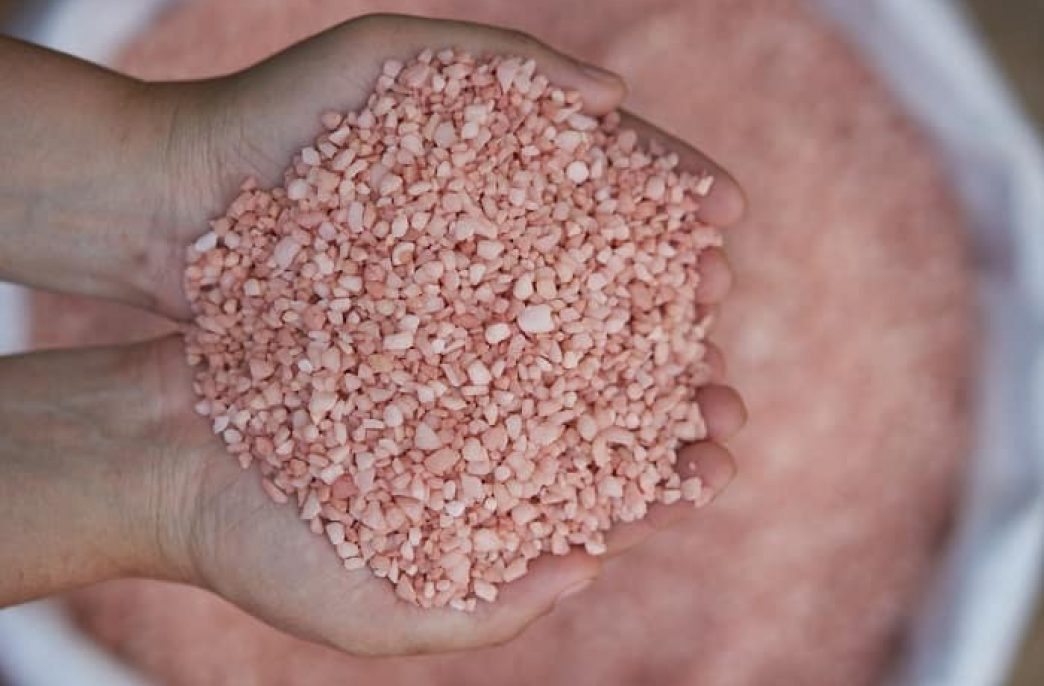How to feed raspberries spring, summer and autumn
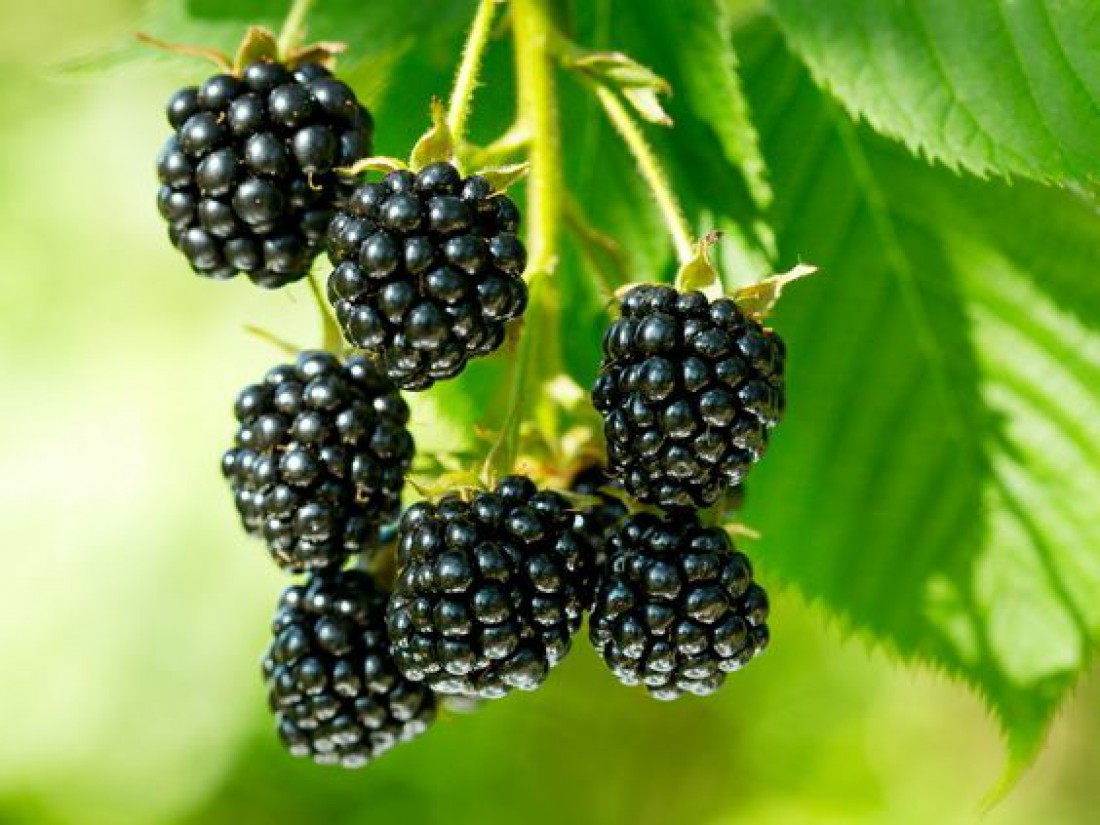
Raspberries look like blackberries.
Fruits contain valuable elements that are beneficial to human health. Several varieties of this crop are known and each of them requires proper care and fertilization according to the season to get a good harvest. When and how to fertilize raspberries – read the article.
Why eat?
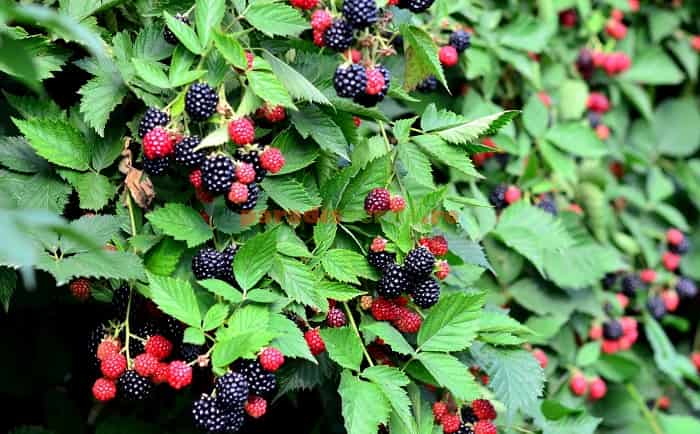
Garden Raspberries are fed for the same purpose as other plants. Fertilizers saturate the soil with nutrients necessary for the growth and development of the bush, strengthening immunity and improving the quality of berries.
What elements do you need for raspberries
Like other fruit crops, blackberries need nitrogen, phosphorus, potassium, zinc, barium, copper, calcium and magnesium during the ripening period of berries and at other stages of the growing season. Some of the listed substances can be obtained by the plant from mulch or mineral fertilizers for blackberries, while others enter the soil with compost, peat and humus.
Varieties of fertilizers for blackberries

Choosing how to feed raspberries starts with preferences (minerals or organic matter). Minerals are one-piece and complex. However, it is allowed to give organic and mineral fertilizers for raspberries, but the plant should not be overfed.
Mineral preparations
Mineral fertilizers with a predominance of nitrogen are required in the spring, and when the bush is ready to bloom and pour berries, it needs phosphorus and potassium. Before the frost, when the crop is harvested, the bushes are again fed with potassium.
you can choose one of the popular options when choosing how to feed the mail during flowering and other stages of the growing season.
“Master” is a mixture of chelated micronutrients. A universal option for the development of culture at any stage. They are applied by drip irrigation or spraying. The advantages of the composition – well soluble in water, easy to use, inexpensive.
Plantafol is a leaf application with NPK complex and trace elements. Suitable for any stage of development of young crops and mature shrubs. It is used in mixtures with pesticides. Benefit – does not leave residue on the leaves. The downside is that it is inconvenient to store and distribute and store (you have to pour it into a glass jar).
“Kemira” is a chlorine-free complex feeding of blackberries. Optimally balanced. If the plant does not grow well, it is worth trying. Advantages – water solubility. The disadvantage is the high price.
Solyupotas is a chlorine-free nitrogen fertilizer. Increases resistance to drought, fungi, frost. Good for fruit. Advantages – reasonable price, ease of use. The downside is the awkward packaging.
Agriflex is an anti-stress adaptogen. Stimulates the growth of crops, protects from frost, has an indirect effect on crop growth.
Organic food
When choosing how to feed raspberries from organic fertilizers, you can pay attention to the following options:
manure;
garbage;
compost;
sawdust;
kul.
You can buy ready-made biological food for different stages of the growing season. Here are some of them:
“Fertimix Biohumus” – stimulates the development of roots and leaves, enhances immunity;
Novofert Yagoda – applied every 2 weeks during the flowering phase. When the harvest is ripe, no more feeding is required;
“Riverm” is a liquid fertilizer to protect crops from growth and fungi;
Bioterram. It contains 4 types of fertilizers and agricultural waste. Increases soil fertility.
Organomineral complexes
The diet for raspberries can be not only organic or mineral, but also mixed (organomineral). Such fertilizers are also called humic fertilizers. They are made from mud, peat, manure, food industry waste and coal mining, garbage and compost. The listed substances are treated with phosphoric acid, ammonia solutions, potassium salts.
Gumin preparations are sold dry and liquid. They are used no more than 2 times a season, with a dressing interval of 10 days. They help retain moisture in sandy soils, ensure water and air permeability of sludge, reduce the concentration of salts in saline soils, and remove pests from soils saturated with pesticides, nitrates, and other chemicals.
Folk medicine
For the care of raspberries are used not only purchased, but also independently prepared solutions. One option is an herbal infusion. To prepare it, weeds are collected, finely chopped, placed in a bowl and filled with water. After adding the yeast, insist 7 days. The finished infusion is watered with berry bushes twice a week for a month.
Another popular recipe: the eggshell is crushed in a lime or coffee grinder, poured water over it and left for 24 hours. The solution is used for watering plants.
Doses of manure
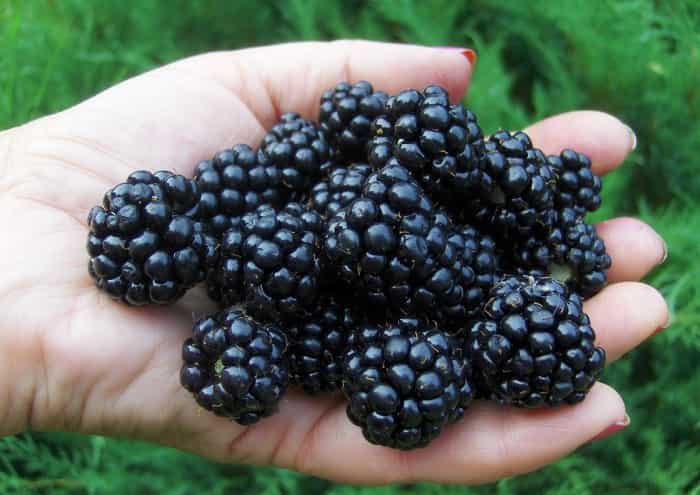
Store dressings are bred according to the instructions. Household fertilizers are made in the form of concentrates, which are diluted with water before use. Take 500 ml of mullein, or 1 liter of rabbit or horse manure, or 250 ml of bird droppings, or 1 tbsp. To a bucket of water. ash.
The solutions are infused for 2–4 days, filtered and diluted with water 1:10. To prevent evaporation of the beneficial infusion from the garden, the surface of the soil is covered with mulch with a layer of 5 cm.
Care at different times of the year
Depending on the season, the choice and nuances of the use of dressings differ, since at different stages of the growing season the plant needs different nutrients.
In the spring
As soon as the snow melts, you can fertilize the site with potassium nitrate. The granules of the drug are scattered over the beds and watered. From mineral dressings, potassium sulfate, urea, superphosphate, borofoska are also used. After warming up the soil, lay a layer of mulch 10 cm high from a mixture of peat and humus.
Summer
Time to use complex formulations. In June and July, it is better to spray plants with solutions of phosphorus, potassium and nitrogen. Root dressing is used after abundant watering of the soil. August is skipped to allow the plant to rest before preparing for winter.
In autumn
If in the summer fertilizers are used to enhance crop growth and obtain a bountiful harvest, then closer to autumn the goal is to prepare the berry bush for wintering. It is better to use root dressing in autumn. After pruning the bush, the earth is dug around together with organic matter, potassium sulfate and superphosphate.
Feeding methods

Distinguish between root top dressing (watering) and foliar (irrigation, spraying).
Root
The advantage is that food gets directly to the roots. Organic matter is diluted with water or mixed with earth. Minerals are dissolved in water or scattered on the soil surface, followed by watering.
Foliar
Only minerals are used for spraying. The drug is diluted with water according to the instructions, choose a suitable weather (dry and cool) and time of day. It is advisable to look at the forecast and make sure that there will be no rain in the next couple of days.
Pest control
Like other crops, blackberries are susceptible to disease and pests. Potential Hazards: Raspberry beetles, root rot, fungal infections. For each case, there are drugs and agrotechnical techniques that help eliminate the problem. You can learn about such techniques from other articles on the site.

